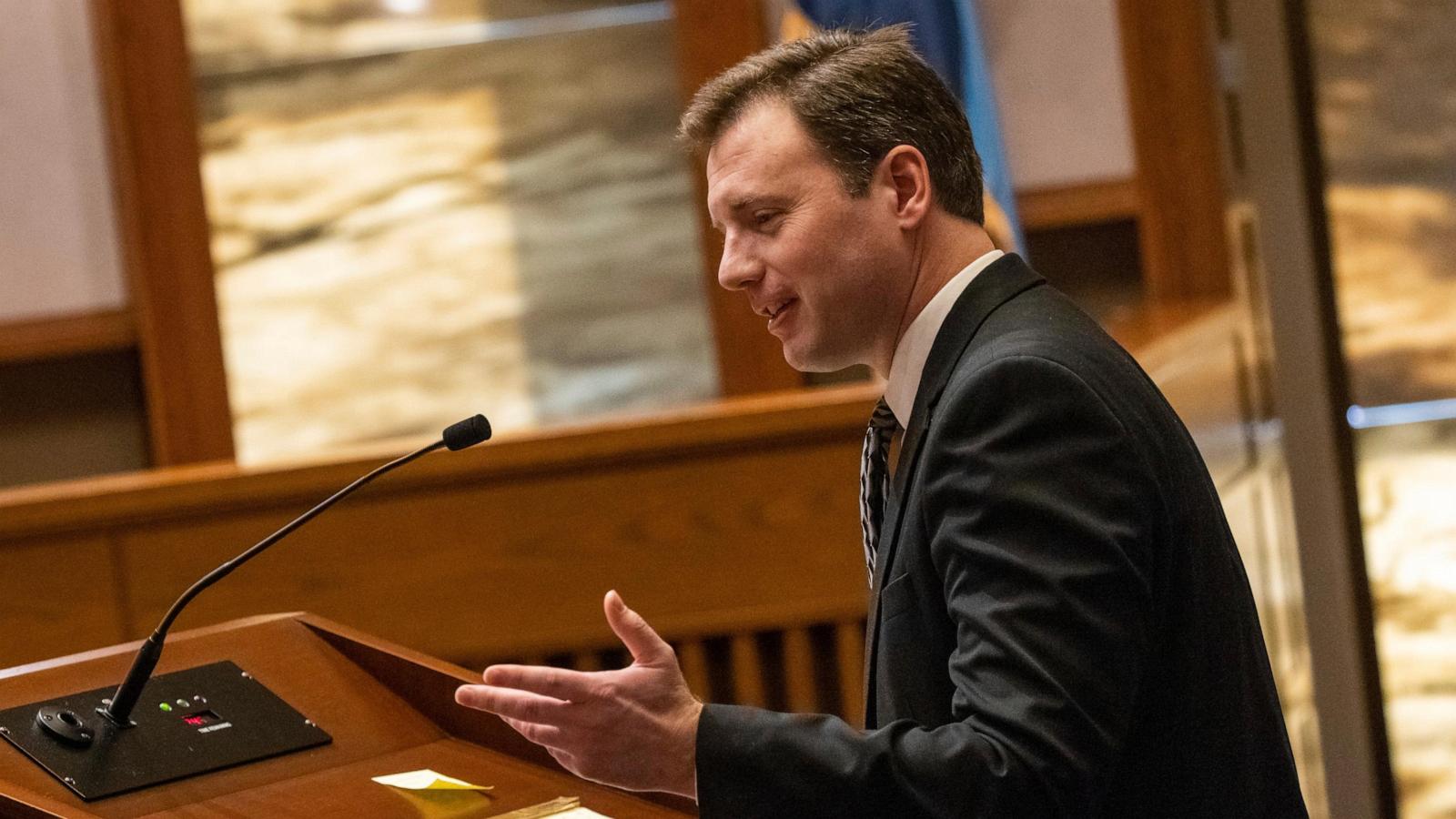Minnesota House Quorum Battle: Democrats Win Supreme Court Victory, But Will Republicans Negotiate?
The Minnesota Supreme Court's decision on the House quorum dispute has sent shockwaves through the state's political landscape. The ruling, a unanimous victory for House Democrats, declared that a quorum requires 68 members, not the 67 claimed by Republicans. But this legal win leaves open the larger question: can both parties overcome their deep divisions and find common ground?
The Supreme Court's Decision and its Implications
The court's decision is a significant win for House Democrats who had boycotted the session to prevent Republicans from taking unilateral action. The justices, in their order, indirectly deemed the actions of the Republican majority legally dubious. This throws into serious doubt all legislative actions taken since the session commenced. The statement "assume that the parties will now conform to this order" leaves little room for continued GOP action absent negotiation.
A Deeper Dive into Legal Reasoning
A detailed legal opinion explaining the court's rationale is expected soon, giving greater clarity. Until then, Republicans must face uncertainty about the future of the work done so far, and Democrats can expect to be part of the process to resolve lingering issues.
Immediate Reaction: Democratic Optimism, Republican Defiance
The reaction to the decision highlighted the deepening divide between the parties. House Democrats expressed hopes for swift negotiation of a power-sharing agreement similar to that formed before the election. However, House Republicans showed little willingness to reopen negotiations, emphasizing their belief that Democrats are disrespecting their constituents by their refusal to participate in the session. This has lead many to think this dispute is far from over.
The Path Forward: Can Power-Sharing be Achieved?
With the Minnesota Supreme Court's order creating a roadblock, the path forward remains uncertain. Reaching a compromise between Democrats and Republicans will demand political will, substantial concessions, and likely some dramatic compromises.
Hortman's Offer: A Potential Bridge?
House Democrats have indicated a willingness to negotiate. Top Democrat, Melissa Hortman, is keeping her offer to Republicans on the table. This offer proposes Republicans remain in power until the expected tie resulting from a special election, at which point, the previously agreed-upon power-sharing deal would go into effect. This proposal highlights the difficulties of compromise and power in the legislative setting.
Republican Resistance and the Tabke Seat
However, a major hurdle to any agreement remains the seat held by Democratic Rep. Brad Tabke. Republicans refuse to acknowledge Tabke's legitimacy. This position highlights Republican intent to pursue a long-term strategy, leveraging every available tactic for a sustained partisan victory. Republicans have not responded to overtures for compromise.
The Broader Context: Quorum Disputes Across the Nation
The tactics being used in Minnesota's political battles are not unique. Quorum disputes, where one party attempts to block action by refusing to participate, occur relatively frequently around the country and represent a dramatic demonstration of distrust among our governmental bodies.
Historical Precedents in Minnesota
Even within Minnesota’s history, instances of similar obstructionist tactics exist, such as the 1857 dispute involving the territorial capital's relocation. This historic context provides a startling perspective on our modern political disputes.
The Importance of Quorum
The necessity of quorum underlines fundamental democratic procedures, illustrating the essential role of the various branches of government. Quorum issues have become especially crucial with our intensely partisan atmosphere and the recent prevalence of political theater.
Take Away Points
- The Minnesota Supreme Court's decision is a significant legal victory for House Democrats but it does not solve the underlying political deadlock.
- The possibility of a power-sharing agreement depends on both Democrats and Republicans demonstrating willingness to negotiate, which may include significant political compromise.
- The situation underscores the growing frequency and intensity of partisan confrontations in state legislatures nationwide.









